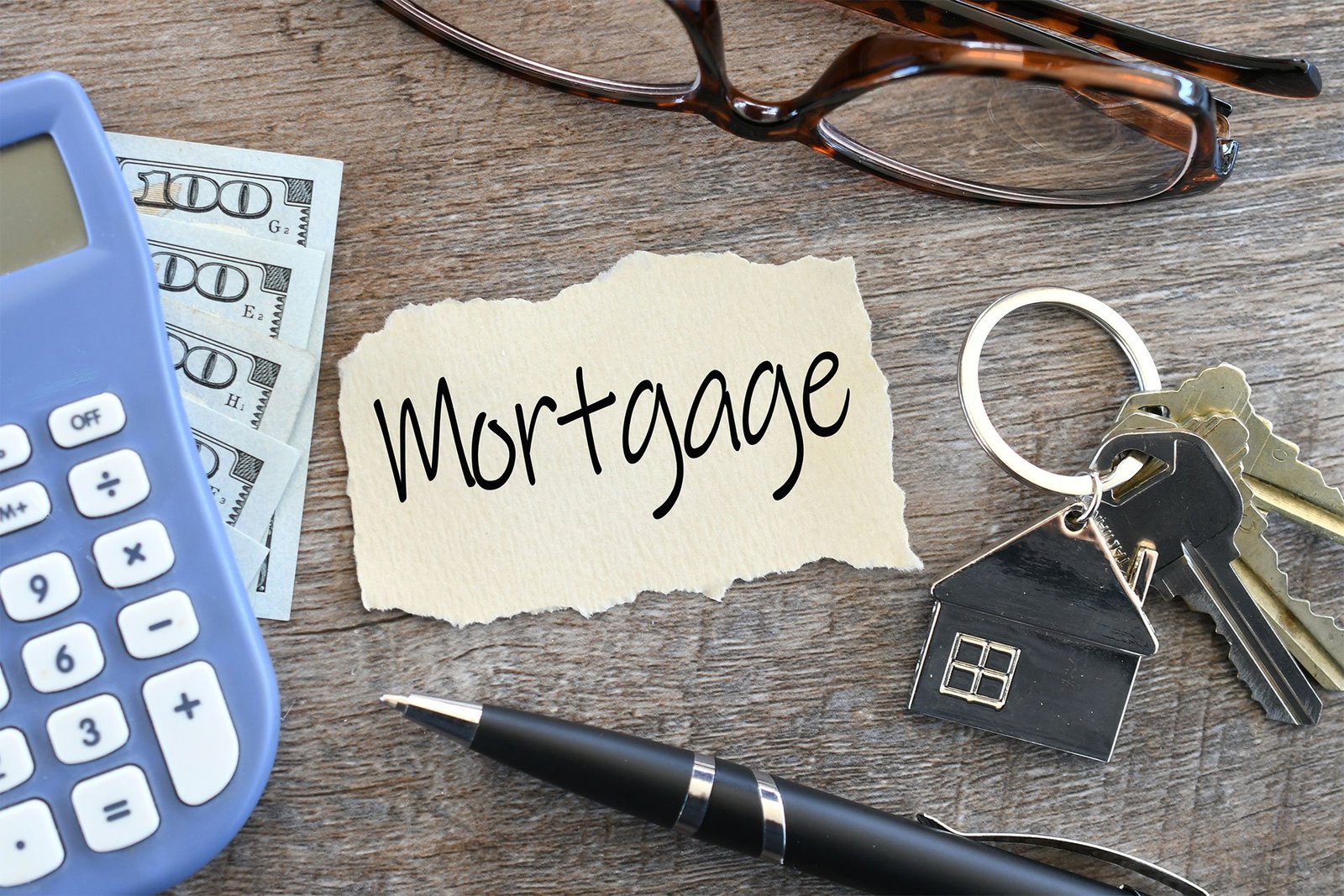Home Equity Loans
Also referred to as second mortgages, home equity loans allow homeowners to borrow money against the equity already built up in the home. They are an attractive option for those who need to cover a large expense, such as a major home renovation where a large sum of money is required up front. With these types of loans, homeowners can borrow up to $100,000 of equity and still be able to deduct all of the interest upon filing their tax returns.
There are two types of home equity loans: fixed-rate loans and lines of credit. Both of these variations typically range from 5 to 15 years, and must be repaid in full when the home is sold.
The fixed-rate variation offers a single lump sum of money to the homeowner, which then needs to be repaid over a certain time period at a specific interest rate.
With a home equity line of credit (HELOC), homeowners can borrow against the equity in their homes similar to the way a credit card works. They are allowed to borrow a set limit, and can withdraw as little or as much as needed at any time, as long as this limit is not exceeded. Only the amount withdrawn is charged interest, and once the money is repaid, it can be borrowed again and again until the end of the loan term is reached.

Getting Your Money From A Home Equity Loan
Since home equity loans are lump-sum payments, your lender pays you your entire loan amount after the loan closes. Before you get your money, you should determine your budget. The amount of money you qualify for may be more than you need. Know how much you can repay on a monthly basis.

How Do You Get A Home Equity Loan?
Equity And Home Appraisals
To determine whether you qualify and how much money you can borrow, a lender will have your home appraised. The Home Appraisal will tell the lender how much your home is worth.
In most cases, a lender will allow you to borrow around 80% of the equity in your home. To figure out the amount you could obtain through a home equity loan, you’d determine your Loan-to-value ratio. To do this, subtract the remaining balance of your primary mortgage from 80% of the appraised value of your home.
For example, if your home is appraised at $400,000 and the remaining balance of your mortgage is $100,000, here’s how you would calculate the potential loan amount:
$400,000 x .8 = $320,000
$320,000 – $100,000 = $220,000
This means you could secure $220,000 if you obtained a home equity loan.

Home Equity Loans With Bad Credit
Debt-To-Income Ratio
your lender will calculate your debt-to-income ratio, which shows how your monthly debt payments compare to your monthly income. This calculation helps lenders determine whether they can afford to take on more debt.
To qualify for a home equity loan, your DTI cannot be higher than 43%. To see if you make the cut, you can figure out your DTI yourself, using the following equation: DTI = Total Monthly Debt Payments / Gross Monthly Income
Credit Score
The strength of your credit score also plays a role in determining whether you qualify for a home equity loan. Your credit score is important because it furnishes lenders with a window into your credit history. Individuals with higher credit scores often benefit from lower interest rates. If you want to obtain a home equity loan, your credit score should be 620 or higher. However, there can be exceptions to this rule.

When Is A Home Equity Loan The Right Choice?
- You Need A Lot Of Money, Fast
- You Have A Strict, Fixed Budget
- You’re Paying Off Higher-Interest Debt

What Are The Home Equity Loan Rates?
The current average for a home equity loan interest rate is 5.76%. The average for a home equity line of credit (HELOC) is 5.51%. Home equity loan rates are dependent upon the prime rate, credit score, credit limits, lender and loan-to-value (LTV) ratios.
